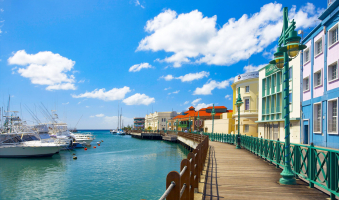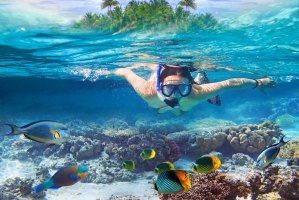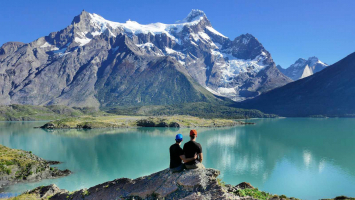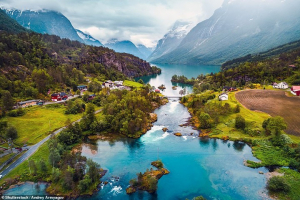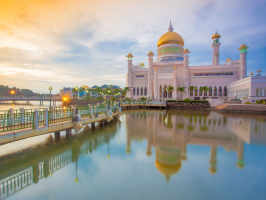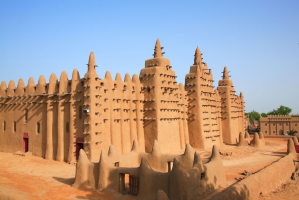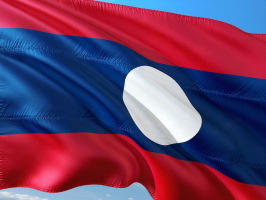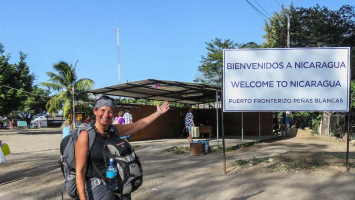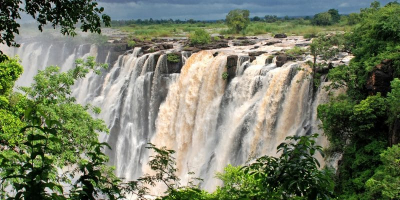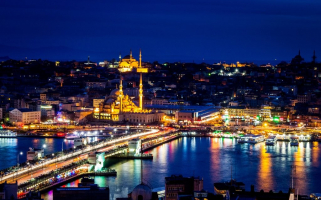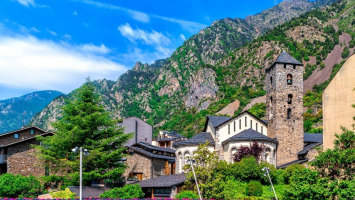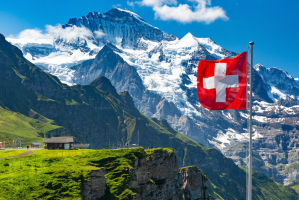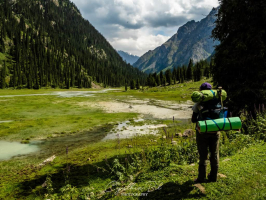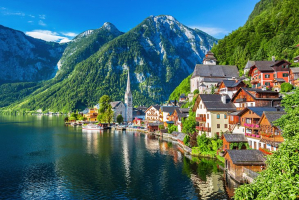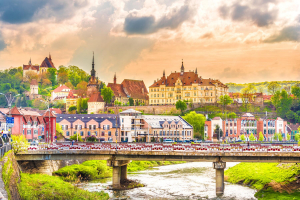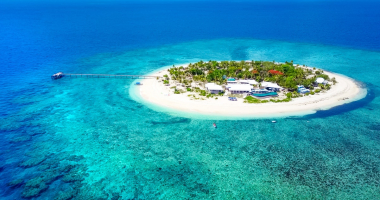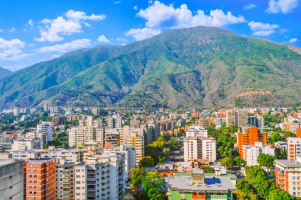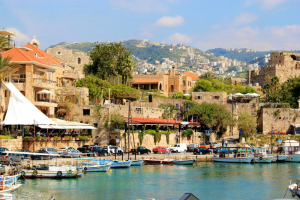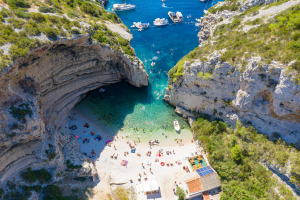Top 10 Things About Chad You Should Know
The Republic of Chad is one of Africa's landlocked republics. This country borders several African countries, including Niger, Sudan, Libya, Nigeria, Cameroon, ... read more...and the Central African Republic. The name "Chad" is derived from the name of Lake Chad. The Republic of Chad's largest wetland in this lake. One of the questions individuals have is if it is safe to travel to Chad. This post highlights Things About Chad You Should Know. This will assist you in making sound travel decisions.
-
Chadian cuisine is one of the basic necessities and should be considered before traveling to Chad and is one of the Things About Chad You Should Know. Chadian cuisine refers to the cooking traditions, techniques, foods, and recipes connected with Chad. Chadians consume a wide range of grains, vegetables, fruits, and meats. As staple foods, millet, sorghum, and rice are commonly consumed grains. Okra and cassava are two popular vegetables. Fruits of various kinds are also consumed. Mutton, chicken, hog, goat, fish, lamb, and beef are among the meats available. The main meal of the day is normally eaten in the evening on a large communal plate, with men and women dining in separate sections. Traditionally, this meal is served on the ground on a mat, with people sitting and eating around it.
The majority of individuals in the country consume grains on a daily basis. If you are visiting as a tourist or for business, you should be prepared for this. Boule, a popular cuisine in the Republic of Chad, is made with millet or sorghum. It appears to be porridge. Because a bigger proportion of Chadians practice subsistence farming, cereals are the country's most prevalent staple diet.
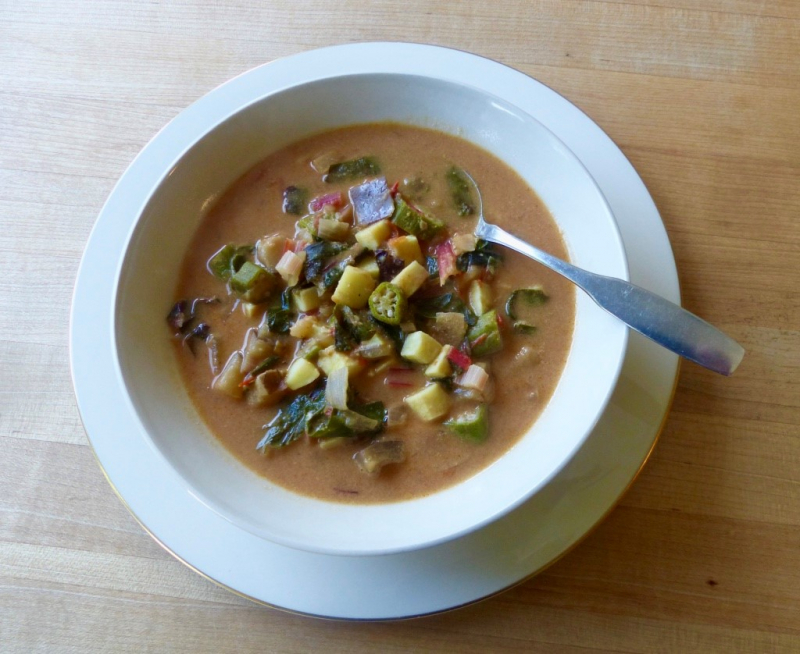
togetherwomenrise.org 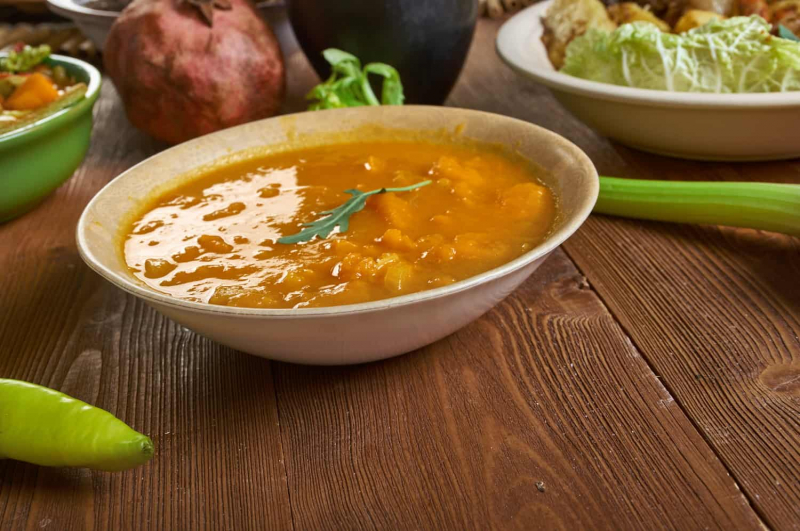
togetherwomenrise.org -
One of the Things About Chad You Should Know is the three climatic regions. Southern Chad has a wet season from May to October, with monthly rainfall ranging from 150 to 300 mm. During this season, average annual temperatures range from 27 to 29°C. Central Chad has a shorter rainy season that lasts from June to September and averages 50-150 mm of rain per month. Temperatures vary greatly throughout the year, ranging from 20-27°C in the winter to 27-35°C in the summer. Northern Chad reaches the Sahara Desert and has little yearly rainfall, with seasonal temperature changes similar to the central region. The dry season lasts from November to March, and there is little to no precipitation throughout this time.
The northern section of the country is dominated by the Sahara desert. Not only is this Sahara desert the hottest, but it is also the least populated. If you are visiting the country, you should be mindful of this region. The Sahel belt encompasses the entire country's center area. The Sahel region runs from neighboring Senegal to Egypt. The southern tropical climate meets the desert at this place. Due to the tropical climate, farming is supported in southern Chad. As a result, it became the most populous region in the country. When visiting the Republic of Chad, this is a nice area to stay.
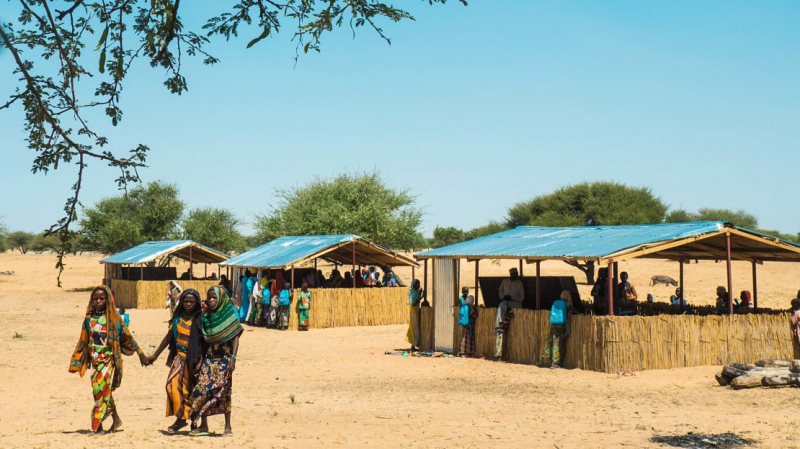
hi.org 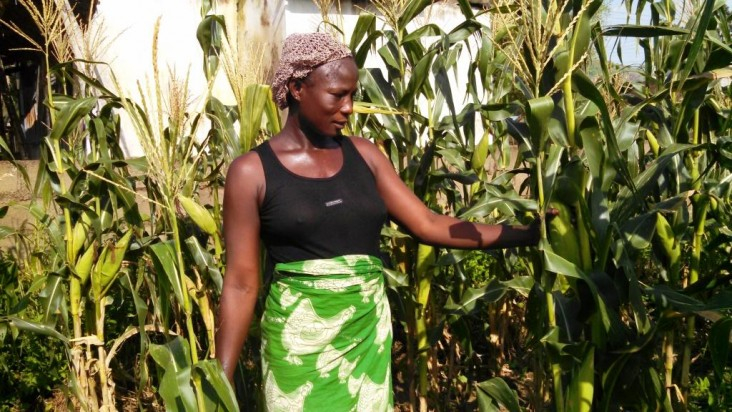
hi.org -
One of the most popular questions travelers have is whether it is safe to visit Chad. It is unsafe to travel to the country. Many factors contribute to the country's insecurity, including violent crime, terrorism, instability, and kidnapping. This does not preclude you from visiting the nation. Make sure, though, to get competent security advice. Boko Haram, a militant group, is one of the factors contributing to Chad's insecurity. While in the country, you must employ all possible personal security measures and remain vigilant at all times. Kidnapping is a prevalent hazard in isolated areas. Usually, aid workers are the target. Remember to avoid public gatherings because any demonstration can turn violent in a matter of minutes.
Robbery and carjacking are common violent crimes in the country. They are both growing on a daily basis. Some local forces in the country, as well as Chadians posing as police, may try to extort money from you. They do this to foreigners, therefore avoiding carrying large sums of money. Do not go at night and do not roam around Chad's capital, N'Djamena, for no reason.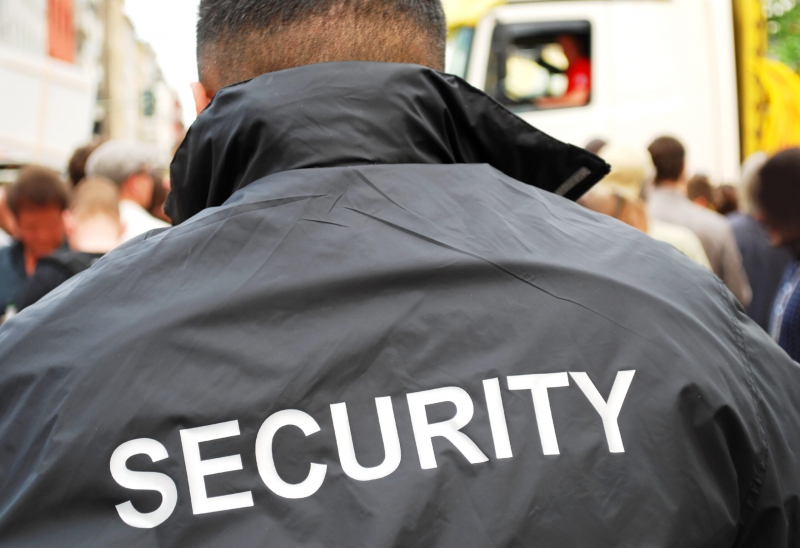
uniesecurity.nl 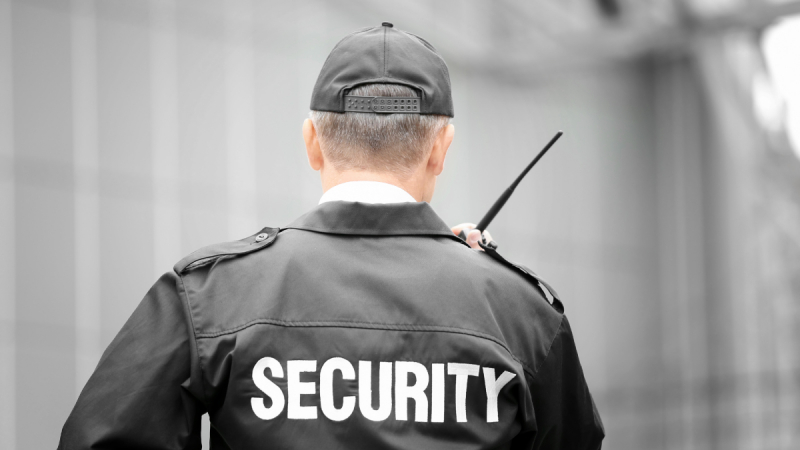
uniesecurity.nl -
Yellow fever is another widespread disease in Chad. Make sure you're up to date on your vaccinations before you come. You should also bring anti-malaria medication, as malaria is a common sickness in the country each year. African sleeping sickness and filariasis are two other diseases induced by insects. You should bring insect repellant and make sure your lodging is mosquito-proof. The Republic of Chad has a high prevalence of HIV/AIDS. You must exercise extreme caution when engaging in risky activities. While in the country, only drink bottled or boiling water. Foodborne, waterborne, and infectious diseases such as rabies, cholera, typhoid, and tuberculosis are to blame.
Regardless of how much you enjoy it, avoid eating any undercooked or raw food. If an animal scratches or bites you, get immediate medical attention. Aside from the private hospital in N'Djamena, which has international grade facilities, most medical facilities are subpar. Do not visit this nation unless you have travel insurance. It should cover your medical evacuation.

unicef.org 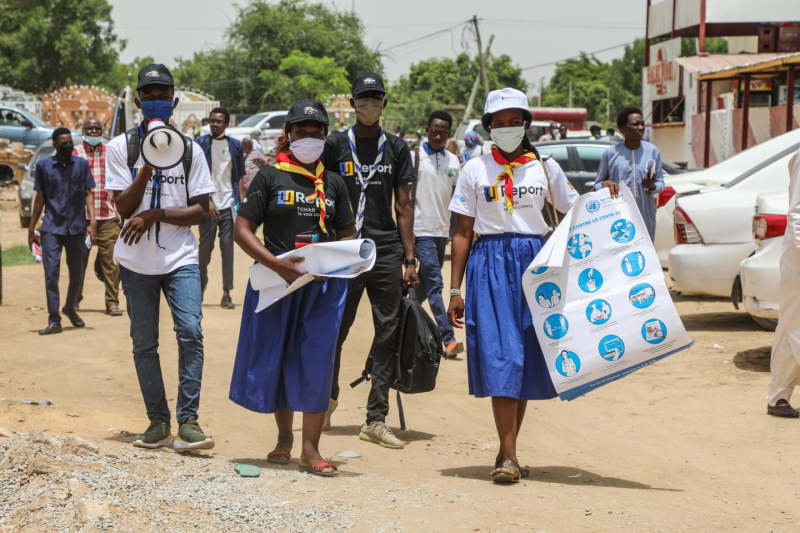
unicef.org -
The country's government declared a health emergency and implemented new health precautions that you must follow. When you are outside, you must wear a face mask. Limited commercial flights into and out of N'Djamena airport have resumed. Euros and USD are also accepted. The country has a significant cash economy. This means you'll be using cash more than credit cards or checks. However, certain hotels in the capital city of N'Djamena allow credit card or check payments. Traveling in the nation is perilous. This is due to flooding, crime, and other risky activities. This is one of the most important facts about Chad. If you must go by road, find a reputable travel agency and hire a driver or car.
The road conditions are hazardous. Even in N'Djamena, roads are badly maintained and generally unpaved. Streets are poorly illuminated, and road signs are frequently absent. Excessive speeds, irregular driving practices, poor vehicle maintenance, roving wildlife and livestock, cyclists, and pedestrians all pose hazards. Due to poor road infrastructure, it is not recommended that you travel between cities at night. In major towns, fuel is not always available, and it is quite scarce in rural areas. To prevent being the target of mob punishment in the aftermath of a traffic accident, it is best to employ a local driver.
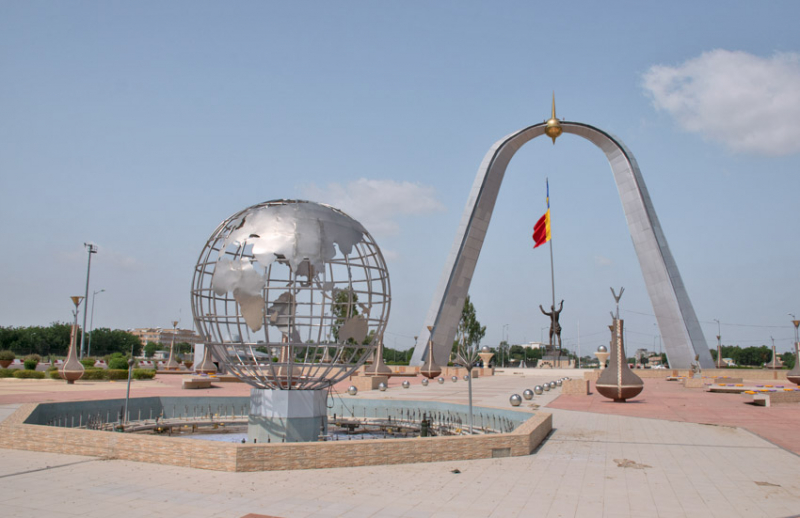
honeymoonadventurers.com 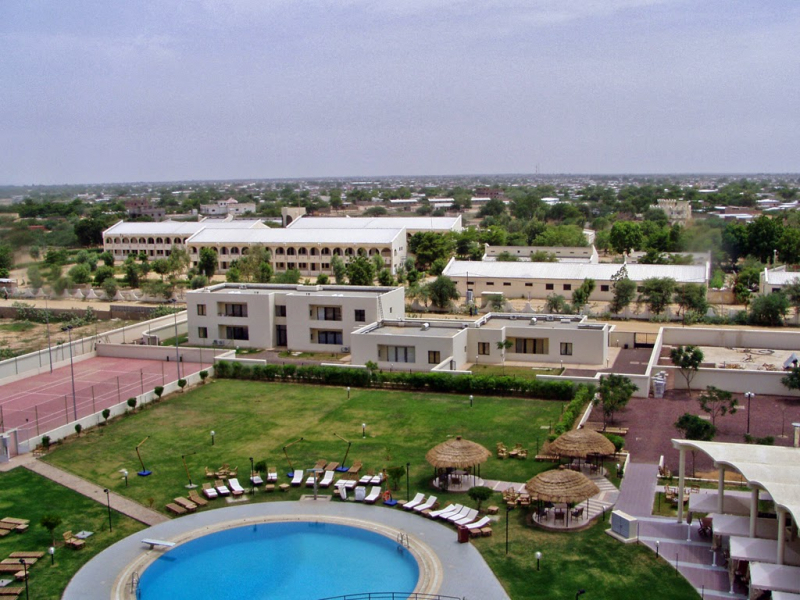
honeymoonadventurers.com -
One of the most intriguing aspects of Chad Africa is that its national symbols are goats and lions. The lion represents the country's southern region, while the goat represents northern Chad. These emblems can be found on the coat of arms, where they are divided by a blue and yellow shield with a red sun rising above it. Chad's national slogan is 'Unité, Travail, Progrès,' which translates as Unity, Work, and Progress.
Chad is known as the "Babel Tower of the Modern World" because of its linguistic and cultural variety. There are about 200 ethnic groupings in the country. Chad is home to over a hundred different languages. Although Modern Standard Arabic and French are the official languages, a considerable portion of the population is bilingual. When a traditional ritual is held, the locals employ a particular musical instrument known as the kakari. The long metal trumpet represents power, and anyone who can master it is automatically valued in society. Chad's flag is similar to that of Romania, although it is a lighter shade of blue. Chad's flag has three vertical stripes of red, yellow, and blue. The red represents national unity, the yellow represents the sun, and the blue represents optimism and rebirth. Because Chad was a French territory until 1960, the Chad flag was based on the French flag.
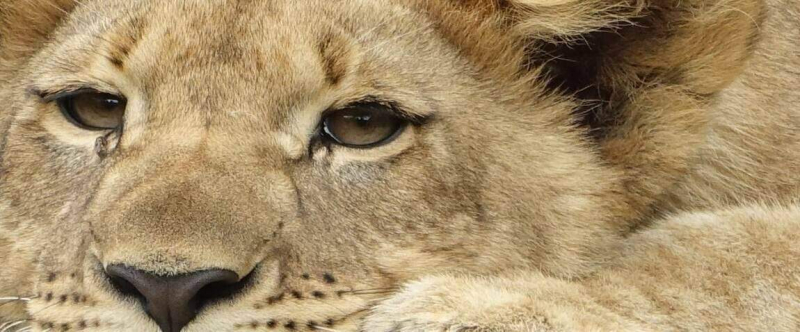
pickvisa.com 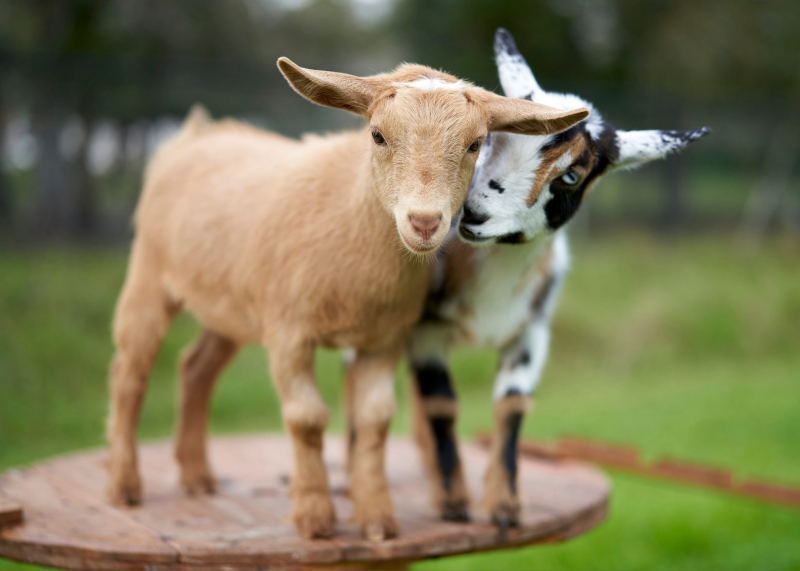
pickvisa.com -
Every country is famous for one or more sports. One of the fascinating aspects of Chad Africa is its popular sport. Camel racing is a popular pastime in the Tibesti Mountains and is one of the Things About Chad You Should Know. The Toubou tribe has a village in these highlands. If you want to see this while in Chad, go to the mountain people (Toubou tribe). During the competition season, it is more enjoyable and fascinating. This sport produces a variety of local champions. You will almost certainly witness other tourists taking part in this camel racing activity.
Camel racing, like horse racing, is a betting event and a tourist attraction. Camels can sprint at speeds of up to 65 km/h (18 m/s; 40 mph) and maintain a speed of 40 km/h (11 m/s; 25 mph) for an hour. Camels are frequently ridden by children, however, charges of human rights violations have resulted in statewide restrictions on underage work in the UAE and Qatar. Camels are often commanded by remote-controlled robotic whips in modern camel racing. The Camel Cup, held in Alice Springs, is a notable camel racing with the second-largest prize fund in Australia. It is held once a year and involves not only the camel races but also a variety of market stalls and other entertainment.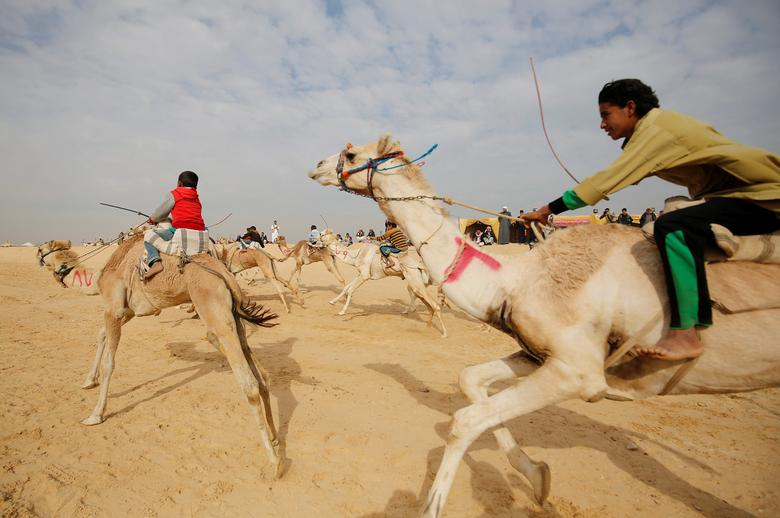
globaltimes.cn 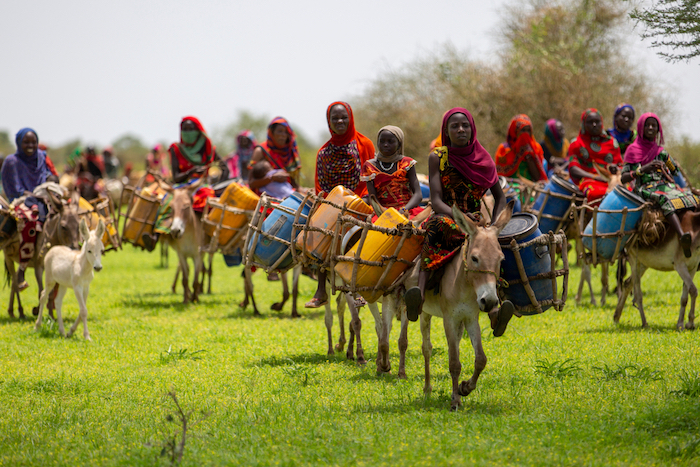
globaltimes.cn -
The Republic of Chad is one of the poorest countries in the world, not only in Africa. Since its independence, the country has endured a number of political upheavals. Currently, the country is fighting terrorism linked to ISIS and al Qaeda with the assistance of French troops. The health and education systems are deplorable. These are the consequences of poor management, corruption, and governance. The country, on the other hand, is endowed with natural resources such as gold, oil, and uranium. Because of the country's inadequate economic environment and infrastructure, potential investors have shied away. Is it safe to travel to Chad? This is a typical question among investors. Nobody wants to invest in an insecure country.
Uneven inclusion in the global political economy as a site for colonial resource extraction (primarily cotton and crude oil), a global economic system that does not promote or encourage Chadian industrialization, and a failure to support local agricultural production has resulted in daily uncertainty and hunger for the majority of Chadians. Subsistence farming and livestock keeping provide a living for more than 80% of Chad's people. The local climate influences the crops farmed and the location of herds. The nation's most fertile agriculture, with high yields of sorghum and millet, is located in the southernmost 10% of the territory. Only hardier millet cultivars grow in the Sahel, with substantially lower yields than in the south.
The Sahel, on the other hand, offers suitable pastureland for vast herds of commercial cattle, as well as goats, sheep, donkeys, and horses. Only dates and legumes grow in the isolated oases of the Sahara. Chad's cities confront major municipal infrastructure challenges; only 48% of urban populations have access to drinkable water, and only 2% have access to basic sanitation.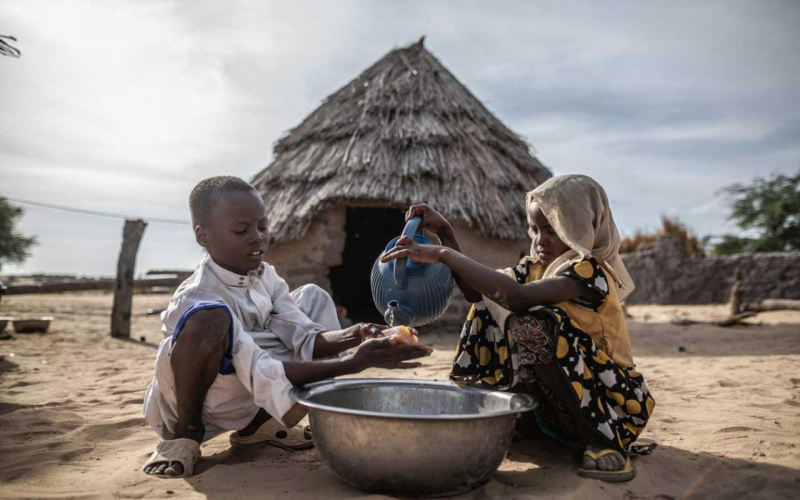
oxfam.org 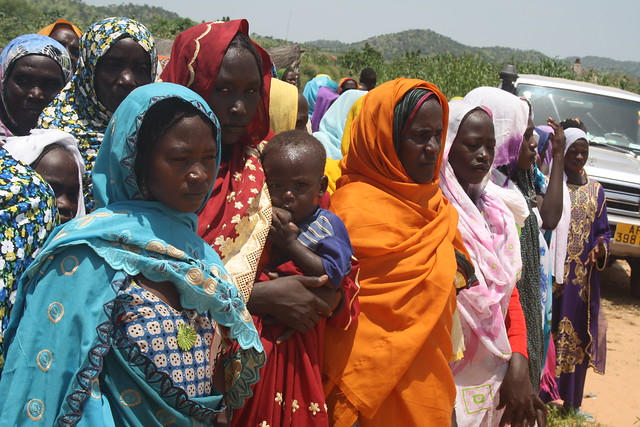
oxfam.org -
Kakaki is one of the Things About Chad You Should Know. It is a musical instrument that, if mastered, brings you respect. It is made out of a long metal trumpet. It is frequently seen on various traditional occasions. Kakaki is popular among the Hausa people of Nigeria, Benin, Burkina Faso, Niger, and Ghana.
The Kakaki is more than just a common musical instrument; it is associated with monarchy. In Hausa communities, it is an instrument blown during rituals for Emirs, Sultans, and Kings. Turbanning the Emir, Argungu Fishing Festival, Salah Festival, and other traditional and religious festivities include Kakaki. It is part of the Sara, a weekly declaration of power and authority. The Kakaki, like the South African 'Vuvuzela,' produces an extremely loud sound that may be heard for as far as the length of the musical instrument allows. It is vital to mention that Kakaki is only played by guys.
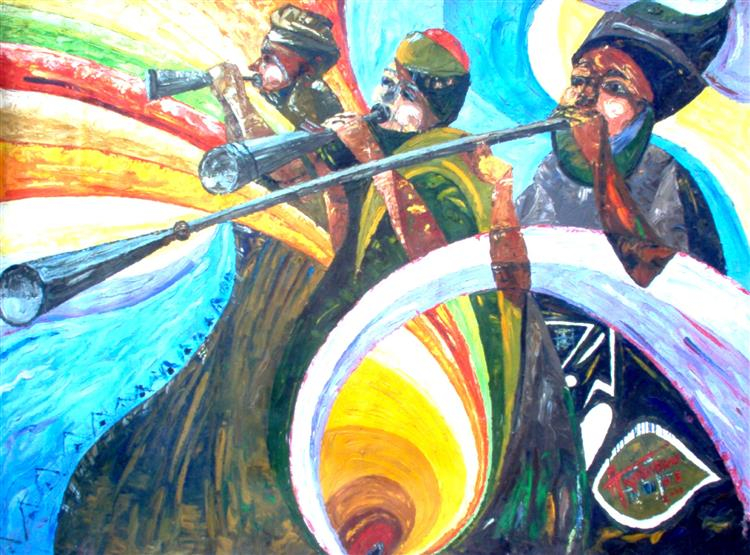
commons.wikimedia.org 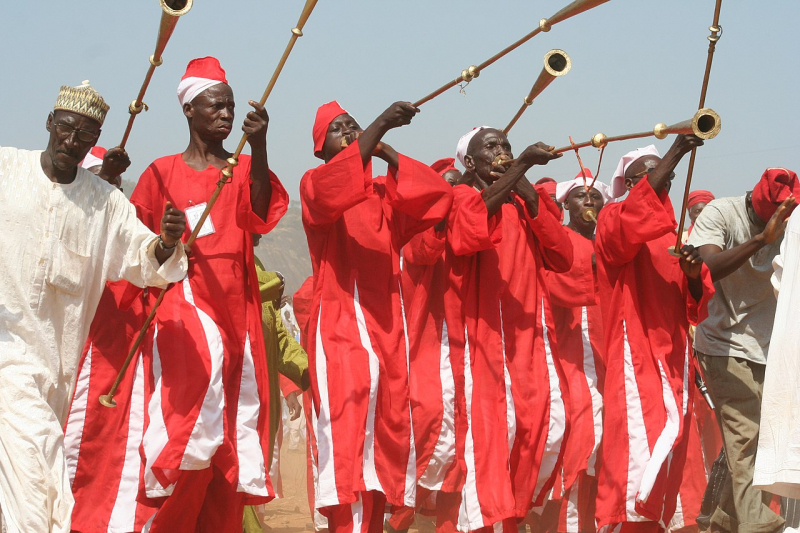
commons.wikimedia.org -
Law is one of the Things About Chad You Should Know. You should not consider using or transporting any illegal drugs. If you are caught, you will face harsh penalties. Because the country is largely populated by Muslims, dressing and behaving quietly is essential. Do not leave your lodging without your identification. You will avoid police stress and cases as a result of this. Tourists frequently take photographs when visiting a new country. They do this to preserve memories and to share them with their loved ones.
When taking photographs in the Republic of Chad, you must exercise extreme caution. Get a government permit before you start snapping images. Despite having a government permit, do not photograph police assets, government buildings, military assets, personnel, or airports. This is against the law. Same-sex actions are illegal, and such a relationship is frowned upon. You should avoid showing affection in public areas.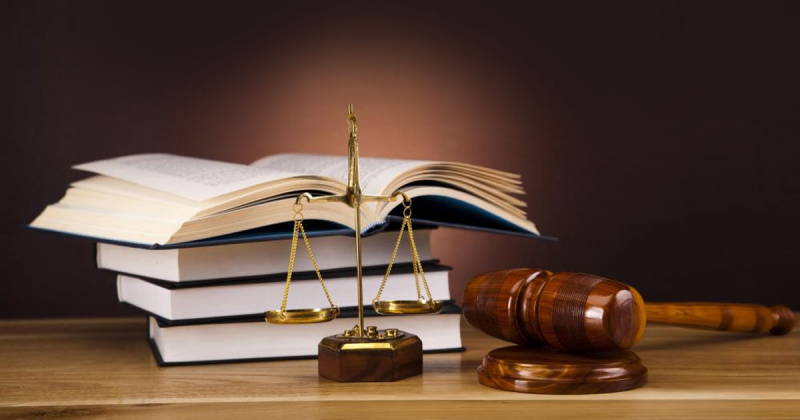
pickvisa.com 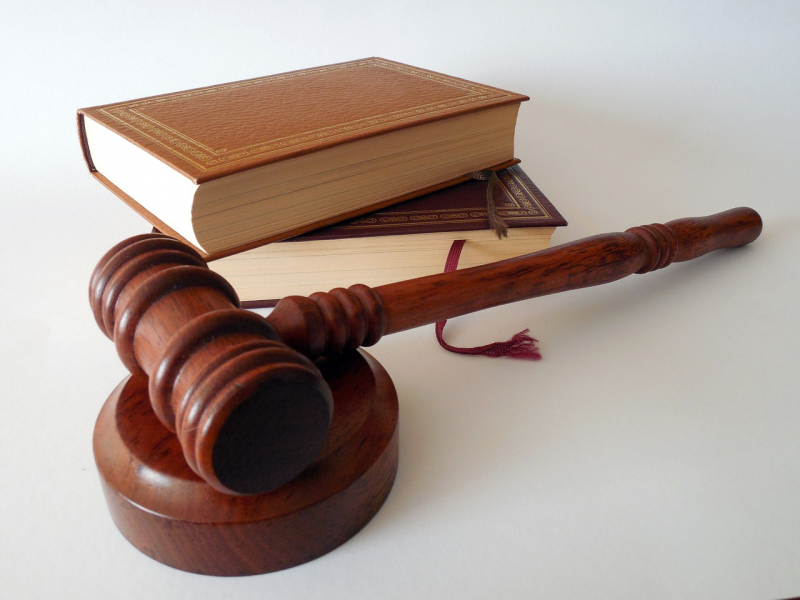
pickvisa.com












